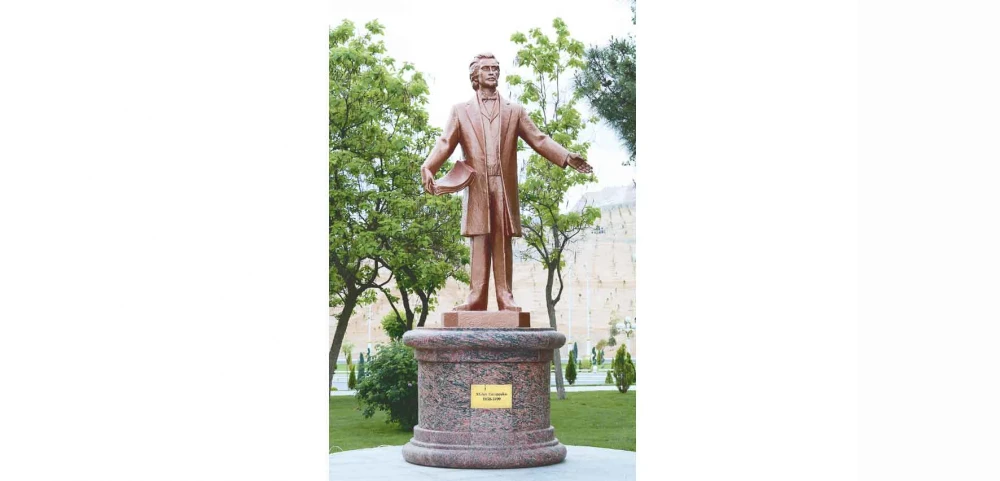
22/06/2024
2068
Mihai Eminescu
Mihai Eminescu, whose Romanian pronunciation is [miˈhaj emiˈnesku], stands as a luminous figure in the realm of Romantic poetry, fiction, and journalism, earning acclaim as one of Romania’s most esteemed and impactful poets.
Immersed in the vibrant world of the Junimea literary society, Eminescu’s editorial endeavours at the newspaper Timpul, the voice of the Conservative Party from 1880 to 1918, showcased his literary prowess and societal engagement.
The inception of his poetic journey at a tender age of 16 marked the dawn of a remarkable literary odyssey. Venturing to Vienna at 19 to deepen his knowledge, Eminescu’s profound manuscripts, spanning 46 volumes and around 14,000 pages, were graciously presented to the Romanian Academy by Titu Maiorescu in a momentous gathering on January 25, 1902.
Within the tapestry of his creations, masterpieces like Luceafărul (Evening Star), Odă în metru antic (Ode in Ancient Meter), and the evocative five Letters (Epistles/Satires) stand as testaments to his profound exploration of metaphysical, mythological, and historical realms. Eminescu’s poetic legacy, intricately woven with influences from the eminent German philosopher Arthur Schopenhauer, continues to captivate hearts and minds, resonating through the corridors of time with an enduring mystique and profound insight.
Mahriban HUDAYGULYEVA,
the 4th year student of the faculty of International Journalism of the
Institute of International Relations of the
Ministry of Foreign Affairs of Turkmenistan.


